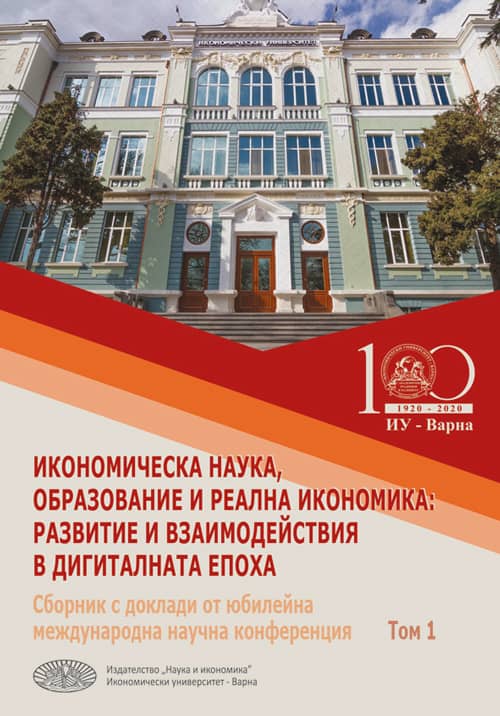ИНФОРМАЦИОННИ СИСТЕМИ ЗА ГРАЖДАНСКОТО КОРАБОПЛАВАНЕ В РЕПУБЛИКА БЪЛГАРИЯ
INFORMATION SYSTEMS FOR THE MERCHANT SHIPPING IN REPUBLIC OF BULGARIA
Author(s): Milen Todorov
Subject(s): Business Economy / Management, ICT Information and Communications Technologies
Published by: Икономически университет - Варна
Keywords: Republic of Bulgaria; information system; shipping industry; Maritime Single Window; MOVE; port movements; planning; SafeSeaNet
Summary/Abstract: Nature of the systems and the need for their development. A long-standing and ongoing problem in the shipping industry is the communica tion of pre-shore information required to exchange during vessels calls. This exchange, involving documentation, operational, navigation and other data, is carried out using technology that is commonly distinguished in different ports, has evolved over the years (and centuries), but is always associated with the depletion of quantities of the most valuable marine resource business - time. While it is clear that the time spent in this process will never be zero, the financial and other indirect results of its savings have always been positive and the search for optimization of these processes accompanies the entire foreseeable history of shipping. Nowadays, when the volumes and nomenclature of the goods carried, as well as the ships and auxiliaries themselves, are gaining enormous proportions, it is especially important to seek maximum acceleration of the information exchange processes. It is customs, immigration, technical (safety and environmental protection), logistical (con cerning port activities and connections with other modes of transport) and any other, and its volume on visit to each individual ship has also grown to almost monstrous size. Much of this information is the basis for permitting and green light for merchant han dling of ships in ports and its rapid flow is in the interest of both carriers and ports and is leading to an improvement in the economic efficiency of the industry as a whole. The searches in this area can be broadly divided into organizational and technolog ical, the first being related to the unification of information communication processes worldwide due to the very nature of the maritime industry, while striving to absorb and apply the latest scientific and technological advances in this process. Within the EU, these searches materialize in legislative measures and technical regu lations leading to the development and implementation of organizational and technical measures to unify and technologically facilitate these processes, notably in the implementa-651 tion of the work of ports and interested electronic services for the civil navigation infor mation systems.In the Republic of Bulgaria, the task of developing and providing such an information environment lies with the State Enterprise "Port Infrastructure". The systems implemented and currently operating, the development prospects and their economic impact are discussed below.
- Page Range: 650-666
- Page Count: 17
- Publication Year: 2020
- Language: Bulgarian
- Content File-PDF

